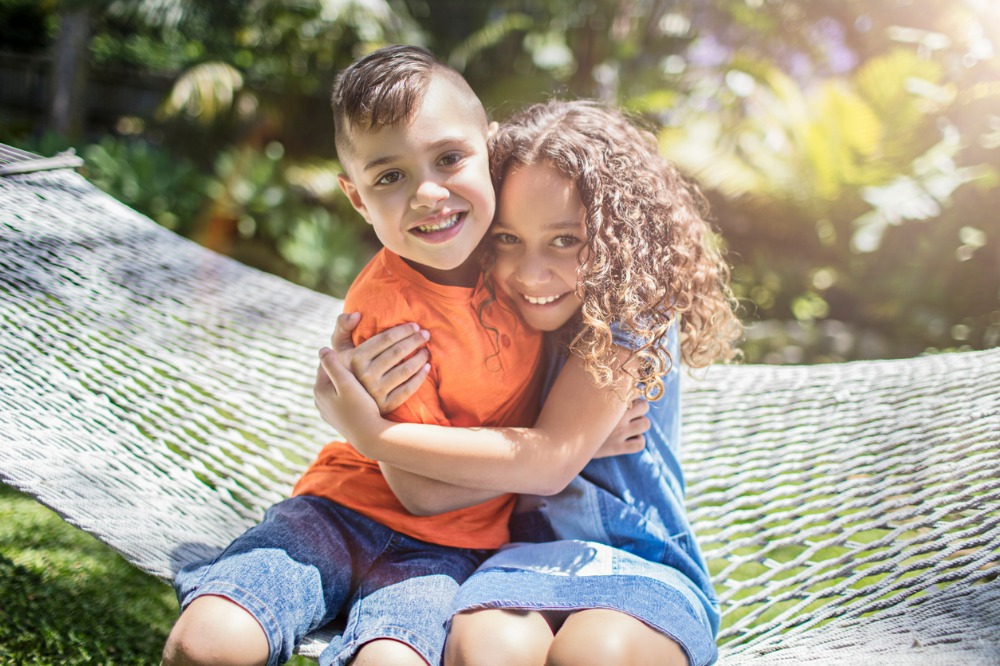
Last Thursday the Productivity Commission confirmed in its Closing the Gap targets that although Indigenous children are being enrolled in preschool at a rate exceeding their non-Indigenous peers, about two-thirds of Australia’s Aboriginal and Torres Strait Islander children struggle with developmental skills when they begin school.
Rachael Hedger is a lecturer in Early Childhood Education, and Course Coordinator for the Early Childhood Initial Teacher Education degrees at Flinders University. She is strongly invested in effective teacher education, and an advocate for children learning through play. Her research focusses on how children learn science concepts through arts-based practices.
In commentary shared by the Media Centre for Education Research Australia (MCERA), Hedger says research shows that children learn best when immersed in engaging and constructive play experiences.
“We need to ensure that early play experiences acknowledge and incorporate Indigenous ways of knowing to allow children to connect to their culture and heritage in meaningful ways,” Hedger said.
“Only then are they likely to be successful in assimilating their understanding and building on their knowledge and skills.”
In addition, says Hedger, children’s early school experiences need to continue the focus on play-based learning to support their transition to their school setting and achieve optimal outcomes.
“Coupled with this is the need for educators who hold a deep knowledge of Indigenous pedagogies to be able to cater for Indigenous children’s needs and support them effectively in their early years of life,” she said.
“We need to consider how we are measuring children’s developmental skills. If our assessment methods are devised using western cultures, then we are not seeing the whole child and the aspects of their mind, body, heart, and spirit that Indigenous pedagogies focus on.”
The original version of this article appeared as a media release from the MCERA.


